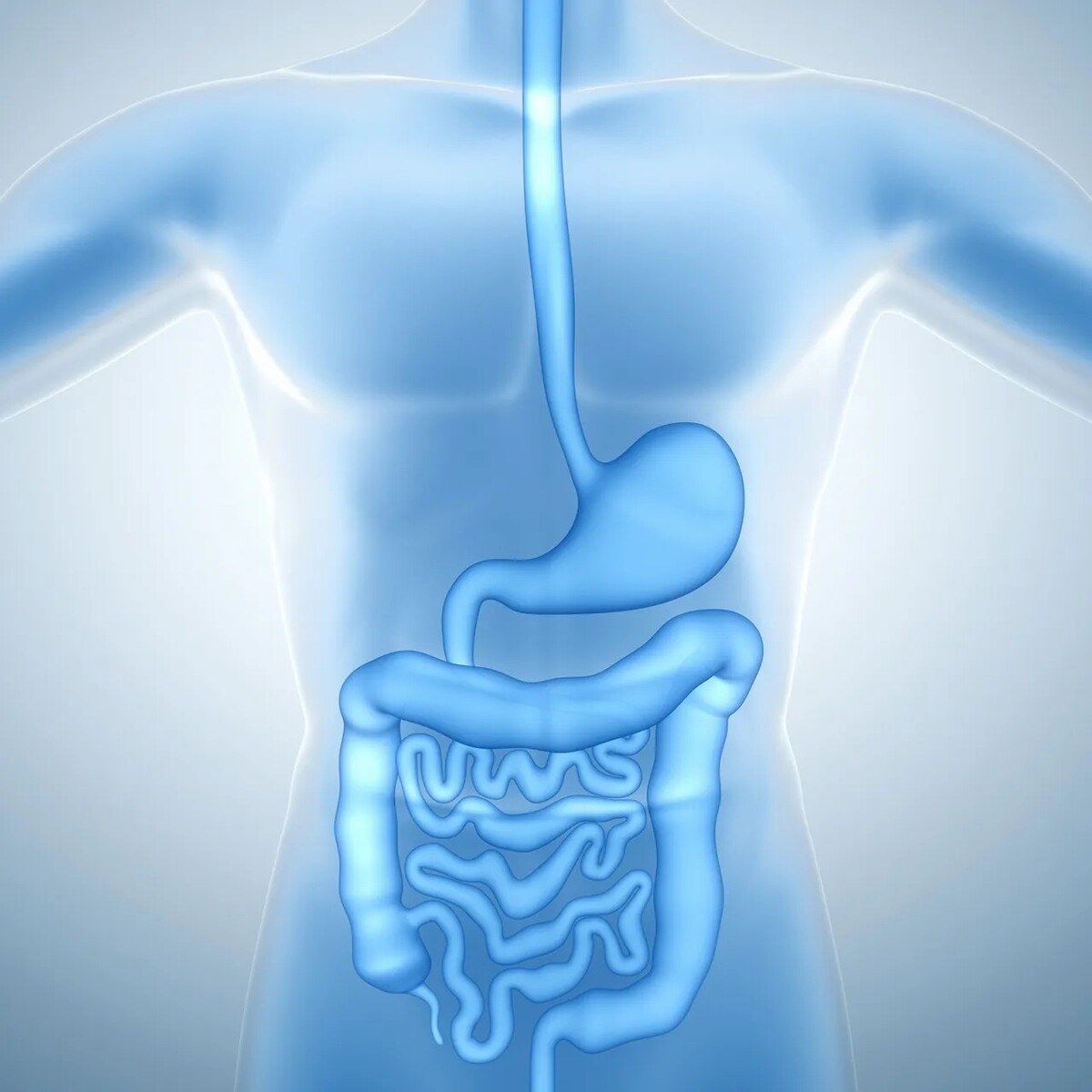Understanding GERD: Symptoms, Causes, and Treatment Options
Gastroesophageal reflux disease (GERD) is a common digestive disorder that affects millions of people worldwide. Characterized by frequent and persistent acid reflux, GERD can significantly impact quality of life if left untreated. At CanMex Health, we're committed to providing reliable information and resources to help individuals better understand GERD and effectively manage their symptoms. Let's delve into the details of this condition, including its symptoms, causes, and treatment options.
What is GERD? GERD is a chronic condition in which stomach acid flows back into the esophagus, causing irritation and inflammation of the esophageal lining. This reflux of acid can lead to symptoms such as heartburn, regurgitation, chest pain, difficulty swallowing, and chronic cough. While occasional acid reflux is normal, frequent or persistent symptoms may indicate underlying GERD.
Symptoms of GERD:
- Heartburn: A burning sensation in the chest that may worsen after eating or lying down.
- Regurgitation: Sour or bitter-tasting fluid that rises up into the throat or mouth.
- Chest Pain: Discomfort or pain in the chest, often mistaken for a heart attack.
- Difficulty Swallowing: A sensation of food sticking in the throat or difficulty swallowing.
- Chronic Cough: Persistent coughing, especially at night or after meals.
Causes of GERD: Several factors can contribute to the development of GERD, including:
- Weakness of the lower esophageal sphincter (LES), a muscle that acts as a barrier between the esophagus and stomach.
- Hiatal hernia, a condition in which a portion of the stomach protrudes into the chest cavity.
- Obesity or excess weight, which can increase pressure on the abdomen and promote acid reflux.
- Certain foods and beverages, such as spicy foods, fatty foods, citrus fruits, alcohol, and caffeine.
- Smoking, which can weaken the LES and increase acid production in the stomach.
- Medications, including nonsteroidal anti-inflammatory drugs (NSAIDs), calcium channel blockers, and certain antidepressants.
Treatment Options for GERD: Treatment for GERD aims to alleviate symptoms, heal esophageal damage, and prevent complications. Common treatment options include:
- Lifestyle Modifications: Adopting healthy habits such as maintaining a healthy weight, avoiding trigger foods, eating smaller meals, and not lying down immediately after eating.
- Medications: Over-the-counter and prescription medications such as antacids, H2-receptor blockers, and proton pump inhibitors (PPIs) can help reduce acid production and relieve symptoms.
- Dietary Changes: Following a GERD-friendly diet that includes low-acid foods, fiber-rich foods, and avoiding trigger foods can help manage symptoms.
- Surgery: In severe cases of GERD that do not respond to other treatments, surgical procedures such as fundoplication may be recommended to strengthen the LES and prevent reflux.
Managing GERD requires a comprehensive approach that addresses both symptom relief and long-term management. By understanding the causes and treatment options for GERD, individuals can take proactive steps to manage their symptoms and improve their quality of life.
At CanMex Health, we're dedicated to providing personalized care and support to individuals living with GERD. Our team of healthcare professionals is here to offer expert guidance, answer questions, and provide tailored treatment recommendations to help you effectively manage your symptoms and achieve optimal health. Stay tuned for more informative content from CanMex Health, your trusted source for all things related to health and wellness.
